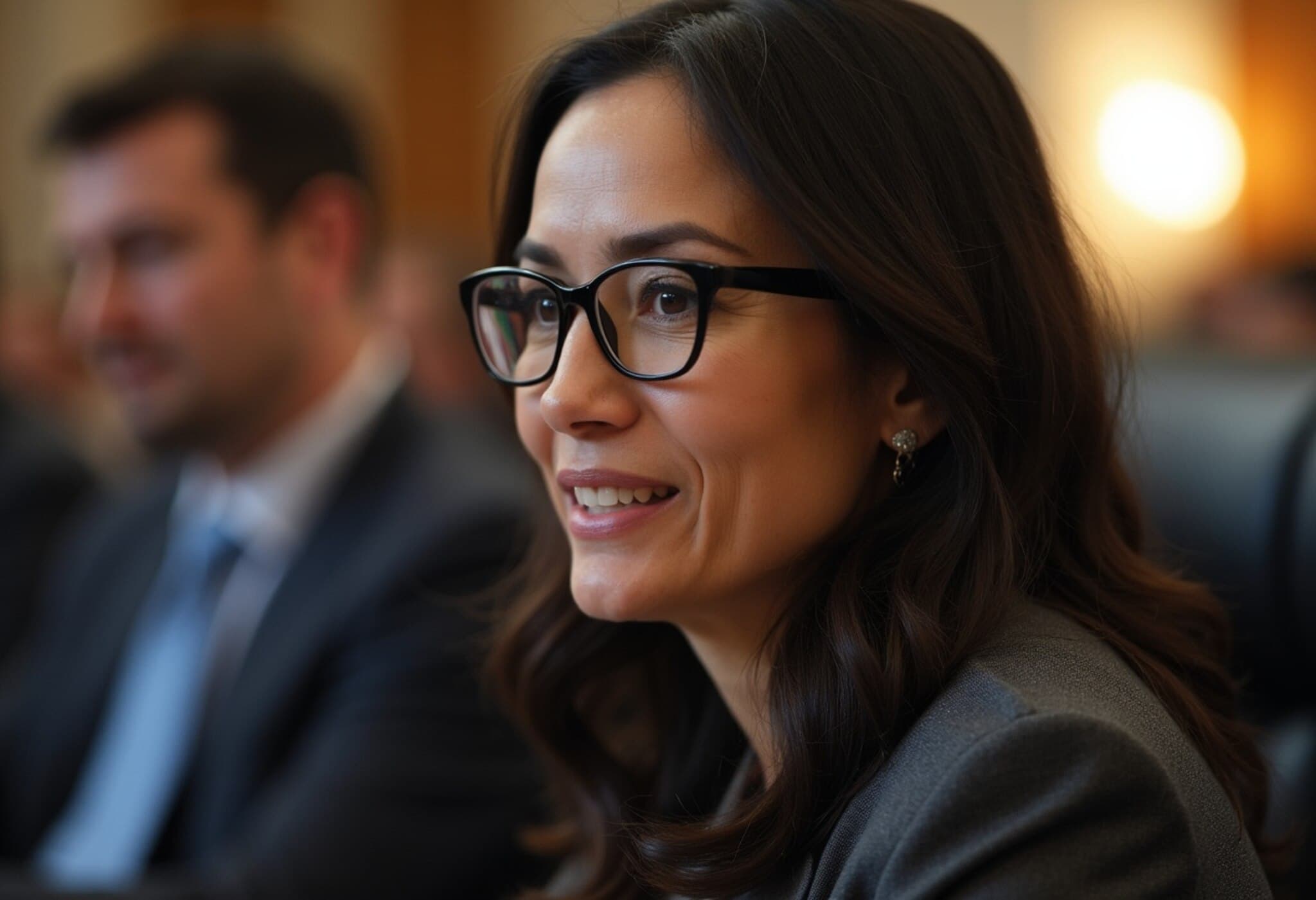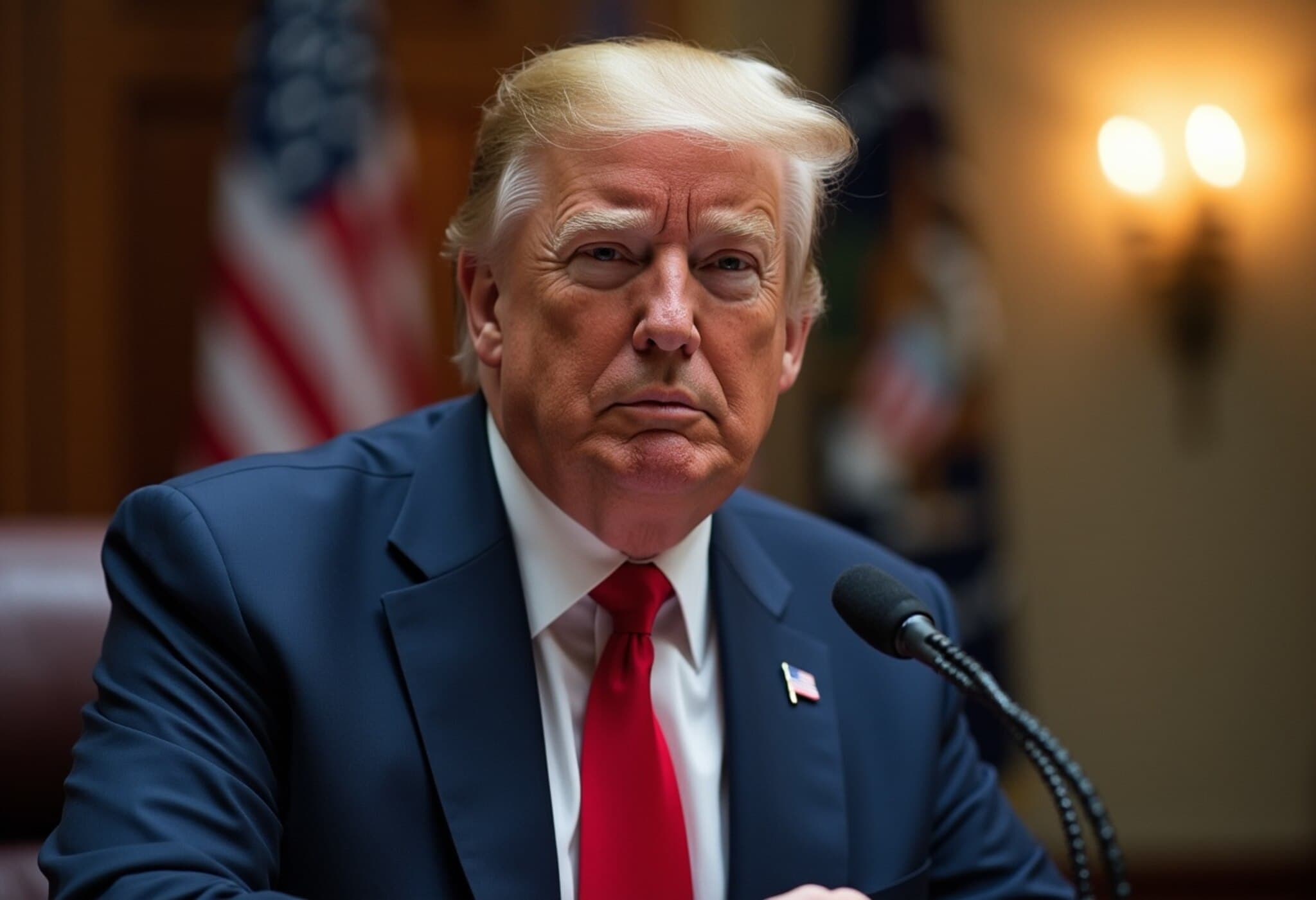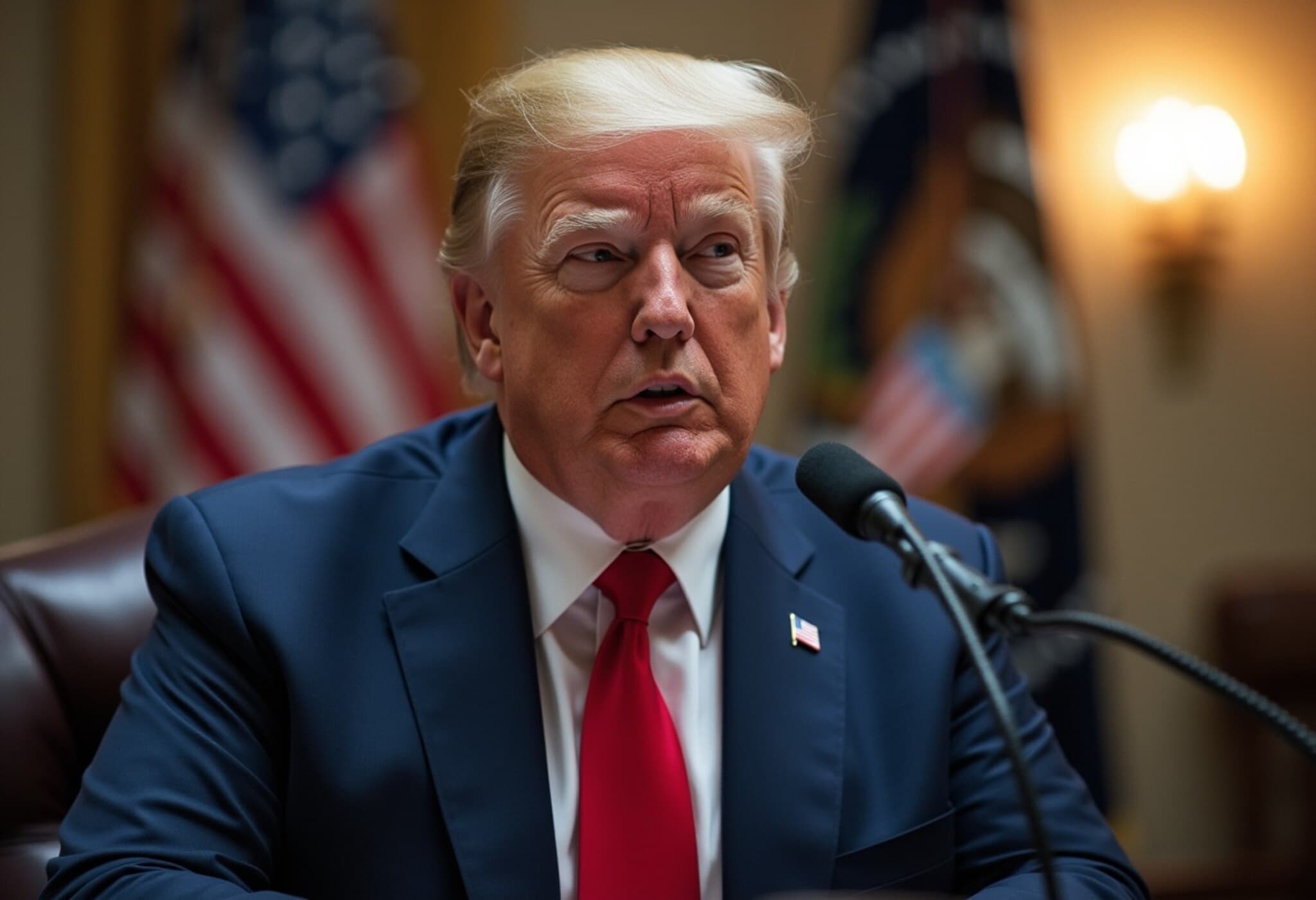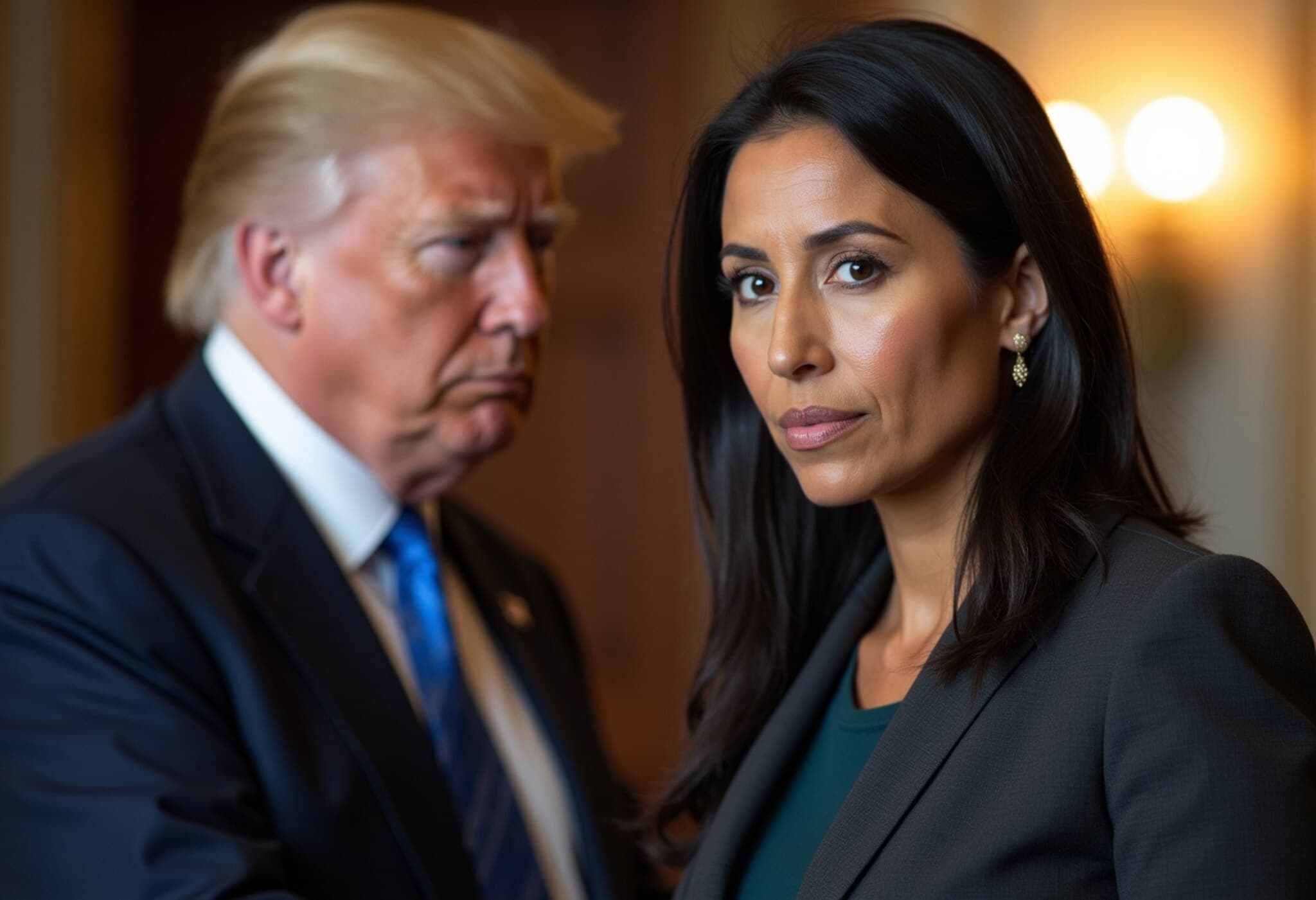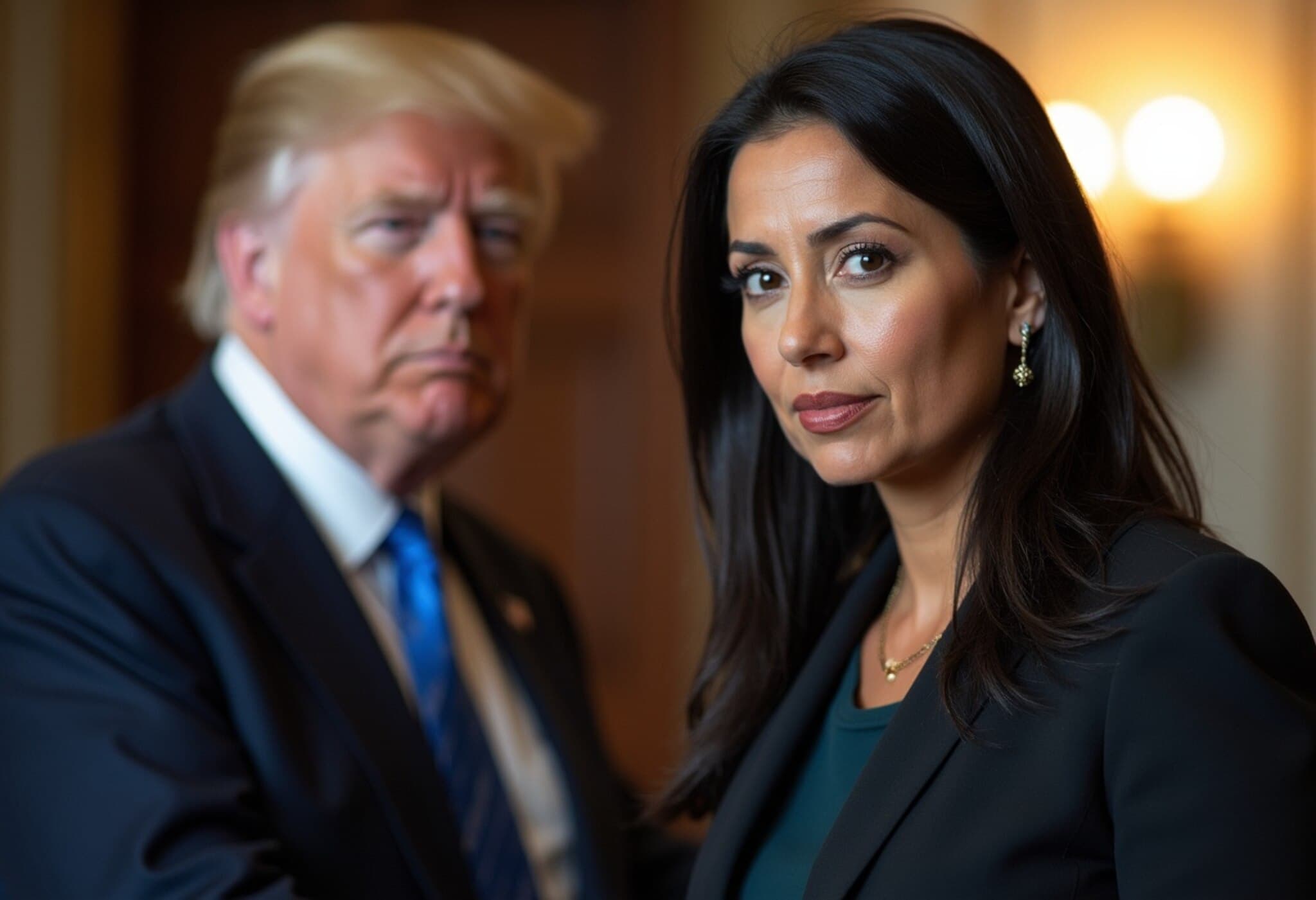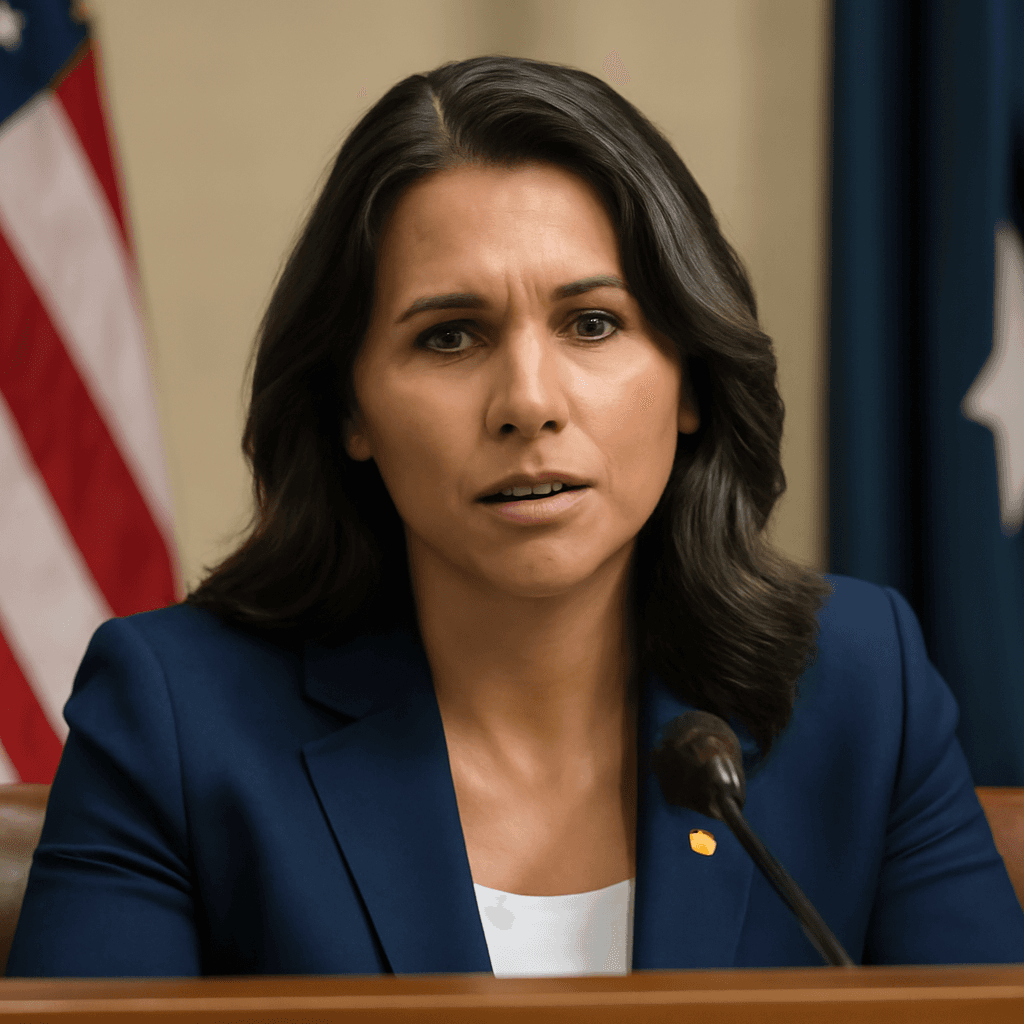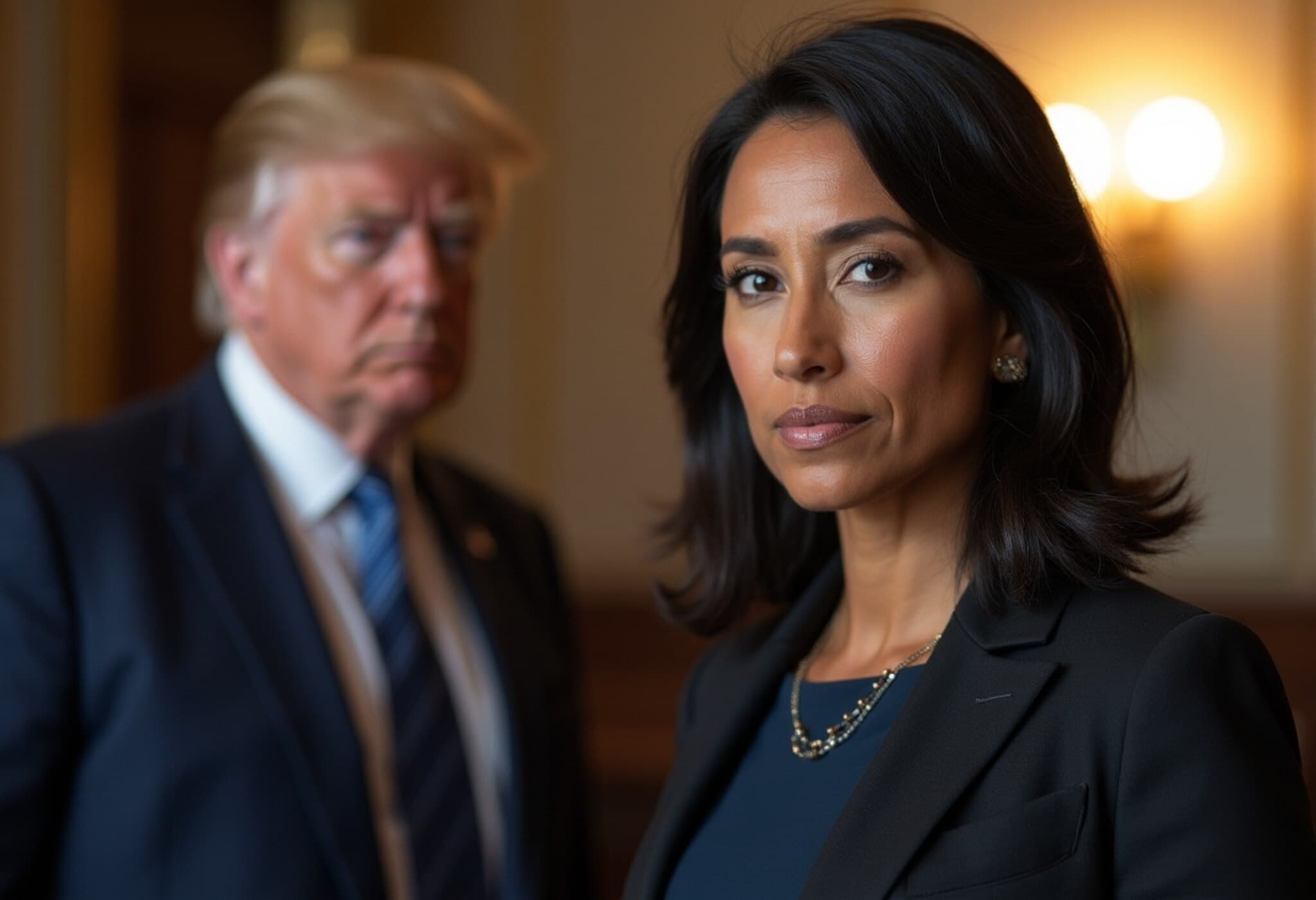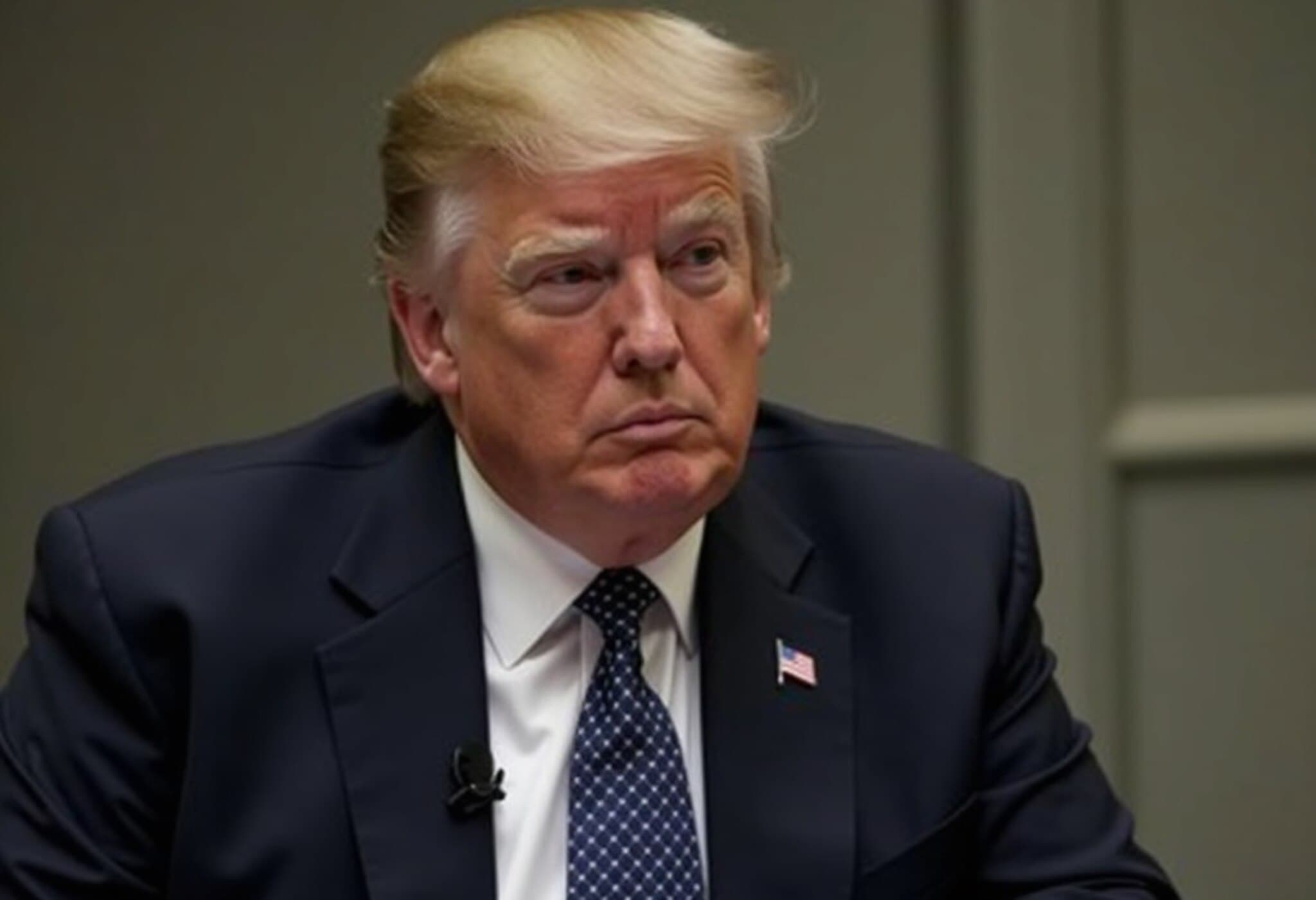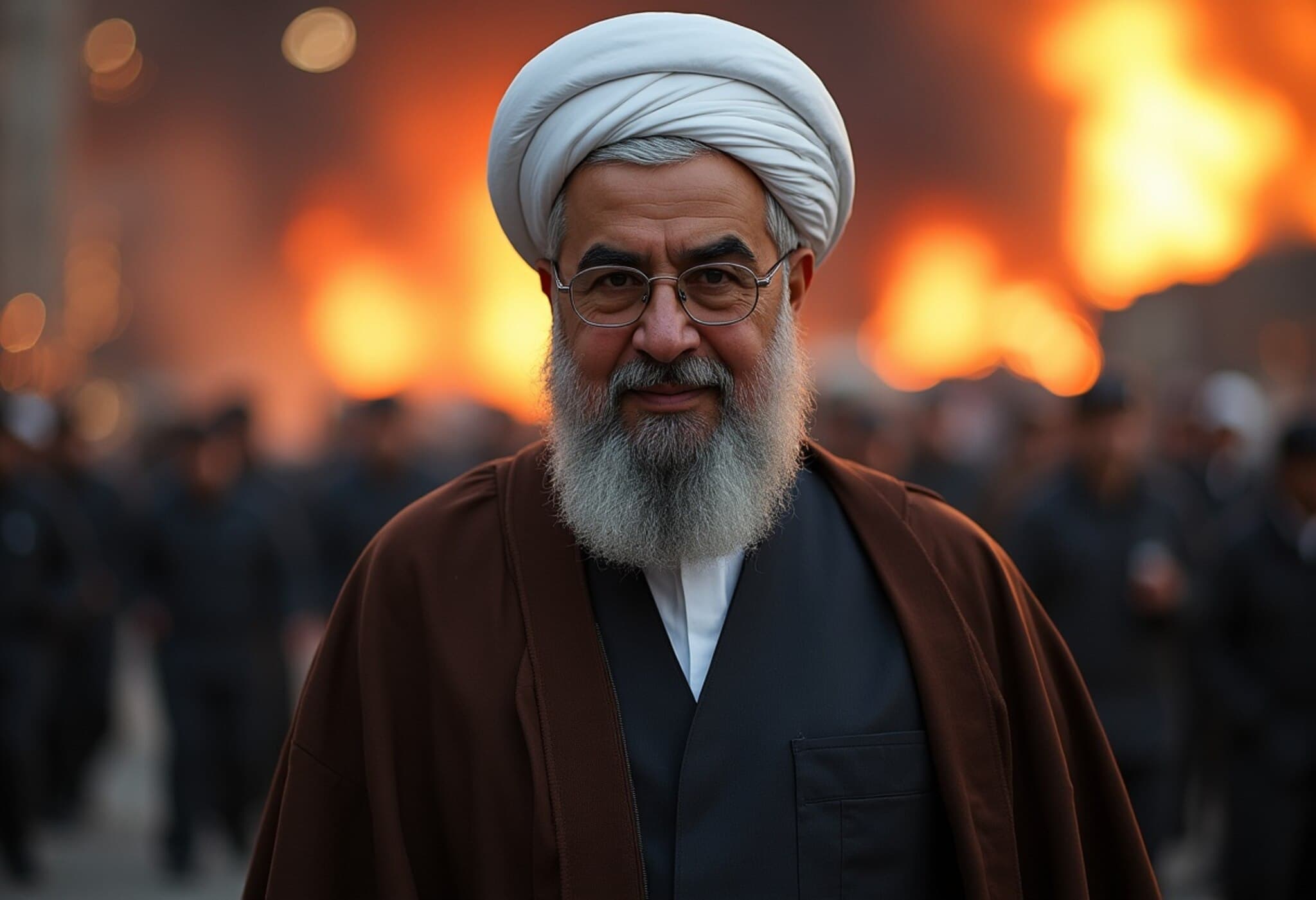National Security Discord: Gabbard Revises Iran Nuclear Assessment
A rare public disagreement has surfaced within the U.S. national security leadership as Tulsi Gabbard, Director of National Intelligence, altered her stance on Iran's nuclear capabilities following a direct rebuttal from former President Donald Trump. Gabbard now concedes that Iran could potentially develop a nuclear weapon within weeks to months if it chooses to proceed, a significant shift from her previous congressional testimony.
From Denial to Admission: The Shift in Gabbard's Statement
Initially, Gabbard testified before Congress that Iran was not actively building a nuclear weapon. However, hours after President Trump publicly challenged her, she clarified her comments on social media, emphasizing that her earlier remarks had been taken out of context. Gabbard acknowledged that intelligence assessments indicate Iran could be weeks or months away from completing a nuclear weapon assembly, pending a decision by Tehran.
"America has intelligence that Iran is at the point that it can produce a nuclear weapon within weeks to months, if they decide to finalize the assembly. President Trump has been clear that can't happen, and I agree," Gabbard said, while condemning media misrepresentation of her position.
Trump’s Firm Rejection and the Broader Political Implications
President Trump had openly dismissed Gabbard’s initial analysis, telling reporters, "She is wrong," and at another point, "I don't care what she says." This public clash unfolds amid heightened tensions surrounding the Iran-Israel conflict and the White House's diplomatic alignment with Israeli Prime Minister Benjamin Netanyahu, who has repeatedly sounded alarms over Iran’s nuclear ambitions.
The discord reveals a fracture within U.S. policy circles regarding the immediate threat posed by Iran’s nuclear program and the best strategic approach moving forward.
Conflicting Intelligence Views Within the Administration
Amidst the public spats, unnamed officials have sought to downplay the tension, stressing that while Iran’s uranium enrichment activity inches it closer to a weapons threshold, there is no confirmed evidence Iran has completed the nuclear weaponization process.
Furthermore, sources within the intelligence community suggest that there is no dramatic shift in Iran's nuclear timeline, with estimates still indicating it could take up to three years for Iran to develop a reliable, deliverable nuclear warhead.
What This Means Going Forward
This unfolding episode highlights the complexities in how U.S. intelligence assessments are communicated and the political dynamics influencing their public interpretation. The space between factual intelligence and political messaging becomes especially critical as the U.S. navigates a fraught geopolitical landscape marked by escalating tensions in the Middle East.
Ultimately, any assessment about Iran's nuclear progress remains closely watched globally, as decisions pressed by key stakeholders will shape regional security in the coming months and years.

